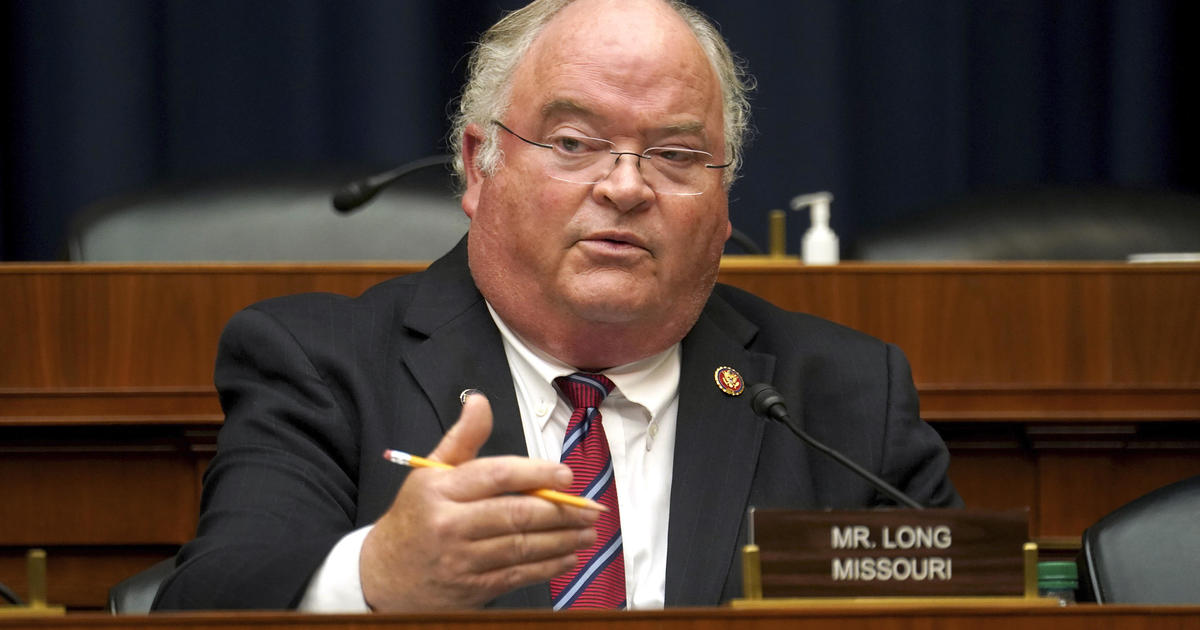President-elect Donald Trump has announced his intention to appoint former congressman Billy Long as the head of the IRS. Long, a Republican from Missouri and a former auctioneer, co-sponsored legislation during his time in Congress that aimed to simplify the tax code. Trump praised Long for his extensive experience in real estate and auctioneering, as well as his work as a business and tax adviser since leaving Congress in 2023.
The decision to appoint Long has drawn both support and criticism. Conservatives view it as a positive move, with the National Taxpayers Union Foundation praising Long’s potential to reform the IRS. On the other hand, Democrats, such as Rep. Don Beyer, have criticized the appointment, calling it a “terrible mistake.” Despite the mixed reactions, Long’s appointment is likely to proceed, pending Senate approval.
Long’s background in taxes is not as extensive as previous IRS commissioners. While he lacks formal accounting qualifications, Long has been involved in tax advising, particularly in helping businesses utilize the Employee Retention Tax Credit. His experience in tax-related matters stems from his time in Congress, where he co-sponsored bills aimed at simplifying the tax code and eliminating the estate tax.
Comparatively, previous IRS commissioners, such as Danny Werfel and Charles Rettig, had more direct experience in taxation. Werfel, the current IRS chief, has a background in public policy and law, while Rettig worked as a tax attorney for over three decades before joining the IRS. Long’s appointment signals a departure from the trend of appointing commissioners with in-depth tax industry experience.
Under Werfel’s leadership, the IRS has focused on expanding audits of wealthy taxpayers and implementing new services like Direct File for tax filing. Some Republican lawmakers have raised concerns about increased IRS funding, fearing it may lead to more audits on middle-class taxpayers. Conversely, Democratic lawmakers worry that Long’s appointment could disrupt the progress made under Werfel, particularly in enhancing enforcement against tax evaders.
Despite the mixed reactions and concerns, Long’s appointment as the head of the IRS is likely to proceed, pending Senate approval. His vision for the agency and potential impact on tax policies will be closely watched by both supporters and critics. The future direction of the IRS under Long’s leadership remains uncertain, but it is clear that his appointment marks a significant change in the agency’s leadership.









